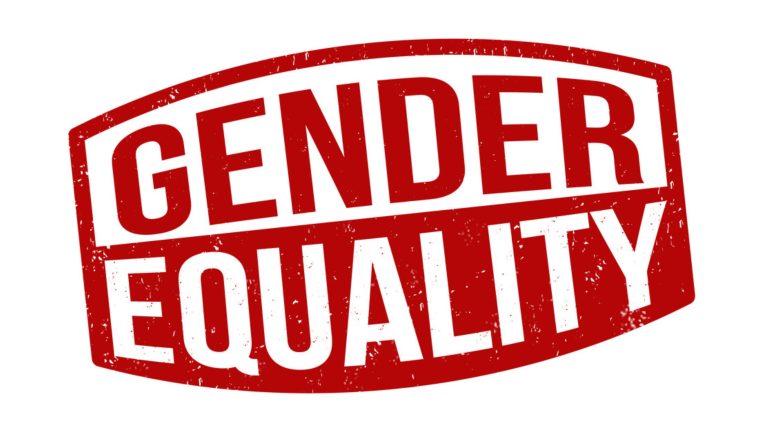(PTI): Gender discrimination is the reason for 98 per cent of employment gap between males and females in India, according to a new report of Oxfam India.
The report highlighted that woman in India despite their same educational qualification and work experience as men will be discriminated in the labour market due to societal and employers’ prejudices.
The Oxfam India’s ‘India Discrimination Report 2022’ shows that discrimination causes 100 per cent of employment inequality faced by women in rural areas in labour market and 98 per cent in urban areas.
The report said self-employed males earn 2.5 times more than females, 83 per cent of which is attributed to gender-based discrimination and 95 per cent of the gap between the earnings of male and female casual wage workers is due to discrimination.
Also read: Satadru Banerjee joins Huhtamaki as Head of Talent Acquisition & HRBP Corporate
According to the report, gender discrimination is the reason for 98 per cent of the employment gap between males and females.
“Woman in India despite their same educational qualification and work experience as men will be discriminated in the labour market due to societal and employers’ prejudices,” it said.
The report further said that 93 per cent of the gap in earnings of males and females is due to discrimination.
“Rural self-employed males earn twice of what females earn in rural areas. Male casual workers earn ₹3,000 per month more than females, 96 per cent of which is attributed to discrimination,” it said.
As high as 91.1 per cent of the gap in earnings between males and females is explained by discrimination.
The academically recognised statistical model applied in the report is now able to quantify the discrimination women face in the labour market. The lower wages for salaried women are due to 67 per cent of discrimination and 33 per cent due to lack of education and work experience, the report said.
Oxfam India called on the government to actively enforce effective measures for the protection and right to equal wages and work for all women. The Government of India should also incentivise the participation of women in workforce, including enhancement in pay, upskilling, job reservations and easy return-to-work options after maternity, the report said.
What the report finds is if a man and woman starts on an equal footing, the woman will be discriminated in the economic sphere where she will lag behind in regular/salaried, casual and self-employment, said Amitabh Behar, CEO of Oxfam India.
“The inequality in the labour market for gender and other social categories, the report finds, is not just due to poor access to education or work experience but because of discrimination,” he said.
These findings are based on the government data on employment and labour from 2004-05 to 2019-20.
Stay connected with us on social media platform for instant update click here to join our LinkedIn, Twitter & Facebook



































Add comment